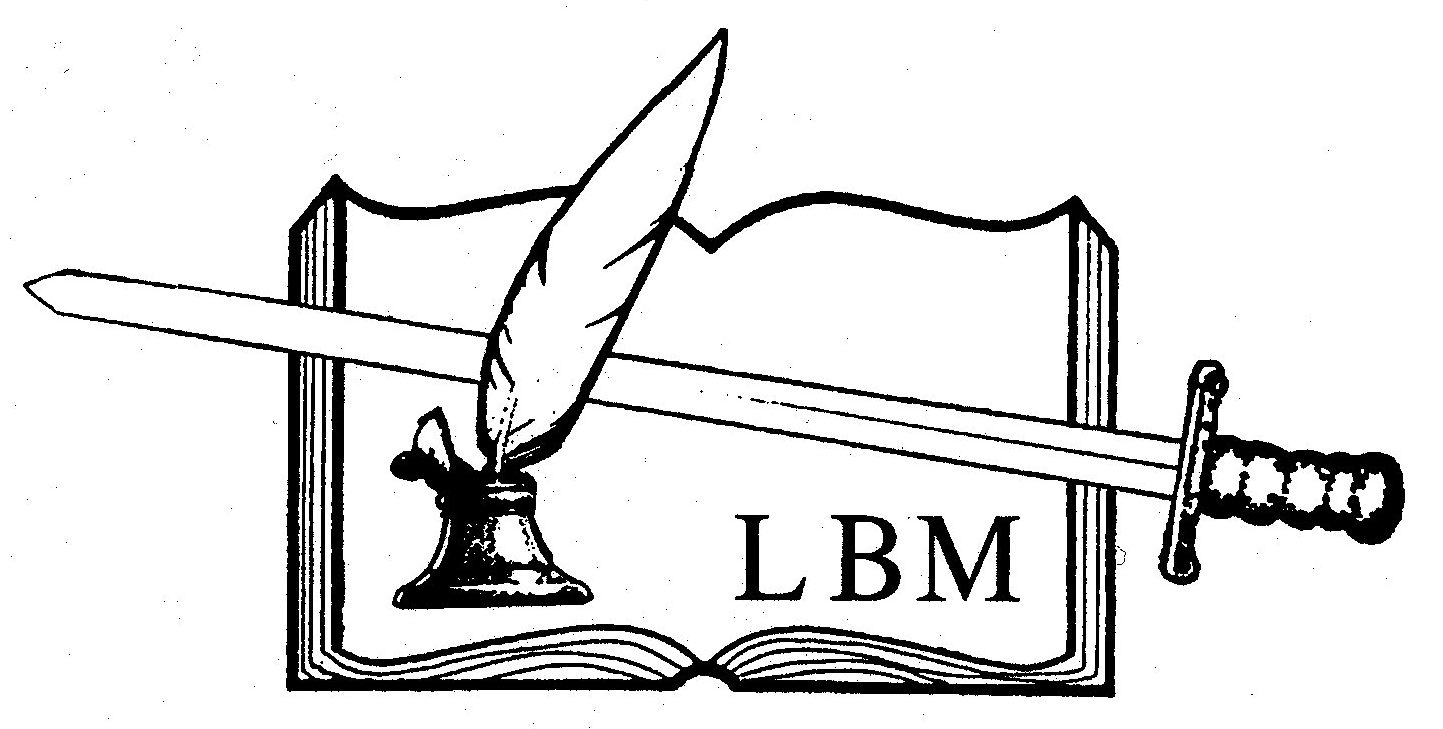What is the New Notification Requirement Under the Massachusetts Personnel Records Law?
A recent amendment to the state’s personnel records statute, G. L. c. 149, §52C, requires employers to notify employees when an unfavorable report is added to their files within 10 days “to the extent that the information is, has been used or may be used in a negative employment action or decision such as disciplinary action.” Employees cannot sue employers who violate the notification requirement. Nonetheless, for employers, the law presents a number of problems.
Pursuant to Massachusetts General Laws, Chapter 149, § 52 C, employers must produce the personnel file within five (5) days of receipt of a letter requesting it. The request may be made by law twice a year.
Under said statute, the requirements for a personnel record are defined as follows:
“… a record kept by an employer that identifies an employee, to the extent that the record is used or has been used, or may affect or be used relative to that employee’s qualifications for employment, promotion, transfer, additional compensation or disciplinary action.…. Without limiting the applicability or generality of the foregoing, all of the following written information or documents to the extent prepared by an employer of twenty or more employees regarding an employee shall be included in the personnel record for that employee: the name, address, date of birth, job title and description; rate of pay and any other compensation paid to the employee; starting date of employment; the job application of the employee; resumes or other forms of employment inquiry submitted to the employer in response to his advertisement by the employee; all employee performance evaluations, including but not limited to, employee evaluation documents; written warnings of substandard performance; lists of probationary periods; waivers signed by the employee; copies of dated termination notices; any other documents relating to disciplinary action regarding the employee…
Whoever violates the provisions of this section shall be punished by a fine of not less than five hundred nor more than twenty-five hundred dollars…”
